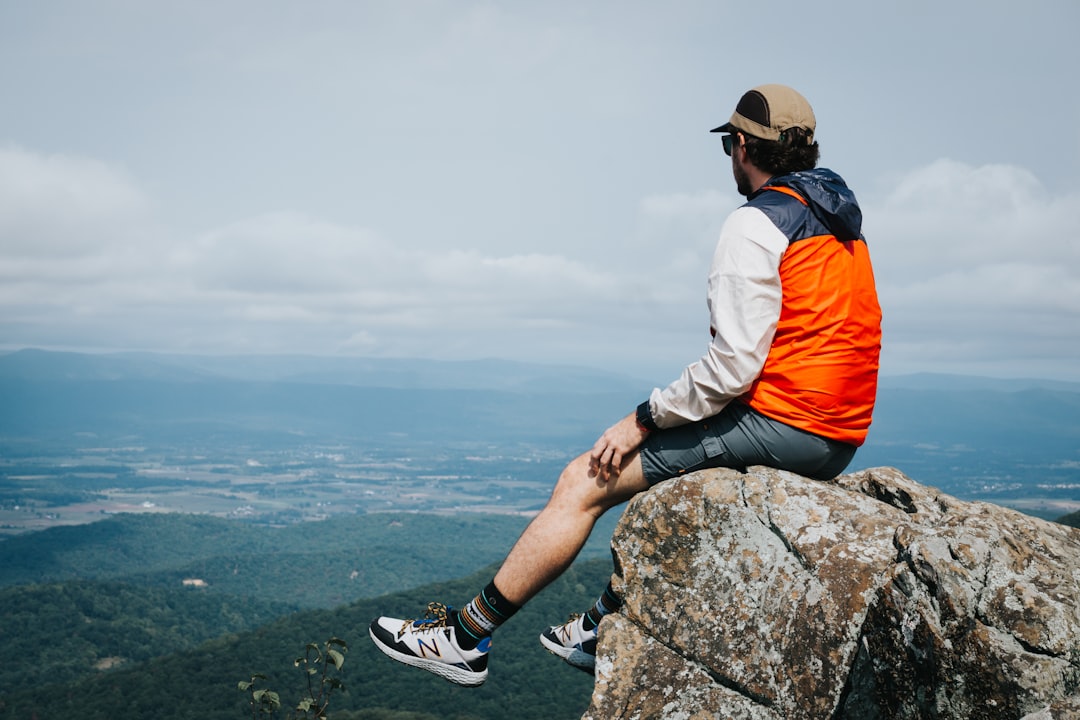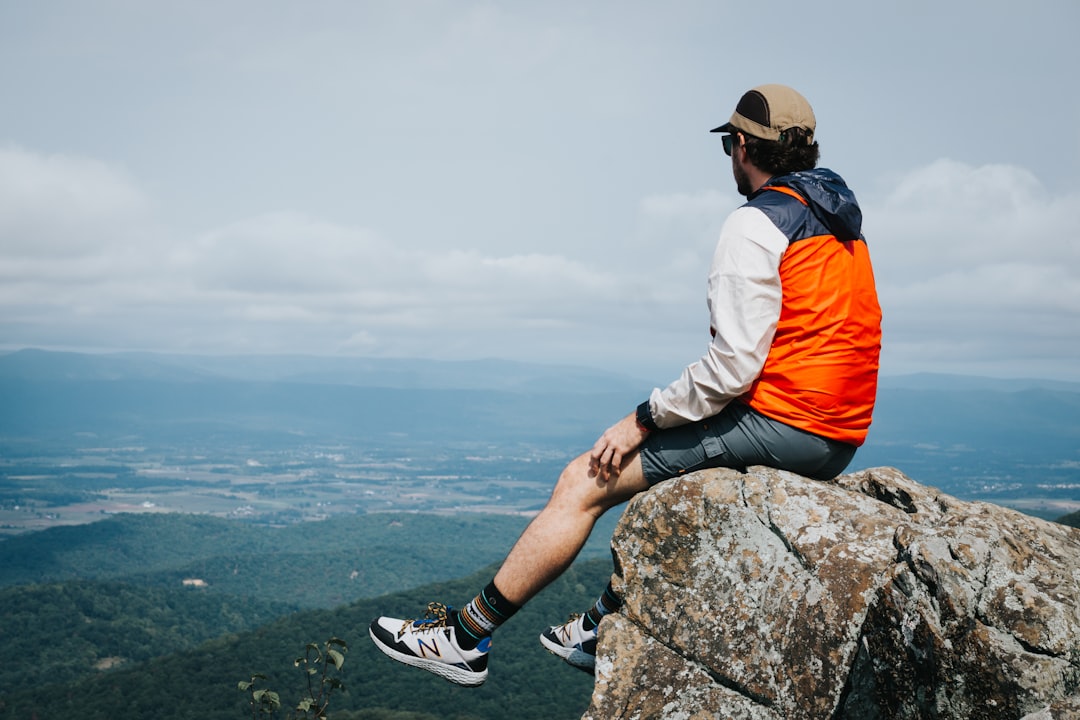Virginia's strict anti-spam laws protect hikers on the Appalachian Trail at Round Hill by regulating commercial communications. Hikers should manage their contact information, report suspected spam, and follow communication safety guidelines for emergencies. Essential gear includes a rugged phone, power bank, GPS device or map/compass, and reliable outdoor communication tools like satellite phones or two-way radios to navigate safely without cell service. Staying informed about local regulations, including spam call law firms in Virginia, ensures responsible communication on the trail.
“Embarking on the captivating trails of Round Hill’s Appalachian Trail? Communication safety is a vital, yet often overlooked, aspect of your adventure. In this comprehensive guide, we explore the intricacies of Virginia’s spam call laws and their implications for hikers, emphasizing why staying connected is crucial. From essential gear to strategic navigation tips, ensure a seamless experience. Discover how to mitigate communication challenges and stay safe while exploring Round Hill’s breathtaking landscapes, all while adhering to local spam call law firms in Virginia.”
Understanding Virginia's Spam Call Laws and Their Impact on Hikers

In Virginia, the spam call laws are in place to protect residents from unwanted and harassing phone calls, text messages, and emails. These regulations have a significant impact on hikers planning their adventures along the Round Hill’s Appalachian Trail or any other outdoor routes. With the rise of automated communication systems used by some trail organizations and outdoor gear companies, hikers may inadvertently sign up for marketing materials or newsletters that could be considered spam. Virginia’s strict spam call laws mean that businesses must obtain explicit consent from consumers before initiating any commercial communications, including those related to hiking events, gear promotions, or trail updates.
Hikers should be aware of how their contact information is used and shared by trail groups and local businesses. It’s essential to review privacy policies and unsubscribe options associated with any outdoor-related subscriptions or sign-ups. By understanding and adhering to Virginia’s spam call laws, hikers can enjoy their trails without being bombarded by unwanted communications. Additionally, reporting suspected spam calls or messages related to hiking activities can help enforce these laws and ensure a more peaceful and secure outdoor experience for everyone.
Why Communication Safety is Crucial for Appalachian Trail Adventures

Communication safety plays a pivotal role in ensuring a memorable and secure experience on the Appalachian Trail. With vast, remote landscapes spanning multiple states, including Virginia, hikers can quickly find themselves in areas with limited cell phone reception. This is where effective communication strategies become essential lifelines, especially considering the potential emergencies that may arise.
In the event of an accident, getting lost, or encountering unpredictable weather conditions, quick access to emergency services is paramount. Utilizing reliable communication methods allows hikers to transmit vital information promptly, expediting rescue efforts and potentially saving lives. Moreover, adhering to communication safety guidelines helps prevent unwanted interruptions for local communities, respecting their peace and privacy while ensuring hikers’ well-being on the trail.
Essential Gear for Staying Connected While Hiking Round Hill

Staying connected while hiking Round Hill’s Appalachian Trail is crucial, especially for safety purposes. Before embarking on your journey, ensure you’re equipped with essential gear designed to enhance communication and navigation. A reliable mobile phone, capable of receiving a signal in remote areas, should be at the top of your list. Given Virginia’s stringent spam call law firms regulations, invest in a ruggedized phone that can withstand outdoor conditions without compromising performance.
Complementing your phone, a high-quality power bank will ensure your device stays charged throughout your hike. Consider a compact, lightweight option with fast charging capabilities to minimize downtime. Additionally, a GPS device or a map and compass are indispensable tools for navigation. These will help you stay on track and quickly navigate back to safe terrain in case of emergencies, even if you’re far from cell tower reach.
Strategies to Navigate Communication Challenges Along the Trail

Communication along the Appalachian Trail can pose unique challenges, especially in remote areas where cell phone signals are scarce or non-existent. To navigate these obstacles, hikers should adopt a multi-faceted approach. First, invest in reliable communication devices designed for outdoor use, such as satellite phones or robust two-way radios. These tools ensure you remain connected even when traditional networks fail. Additionally, familiarize yourself with map and compass navigation skills to rely less on GPS and more on your innate ability to find your way.
Coordinating with fellow hikers or trail support teams is crucial for safety. Establish a system for regular check-ins using communication devices or leaving notes at predetermined locations along the trail. Keep a charged power bank handy, as it can be lifesaving when using communication equipment. Furthermore, stay informed about local regulations and emergency contacts, especially in Virginia where spam call law firms might not be your primary concern on the trail but still relevant for understanding communication ethics and safety protocols.






